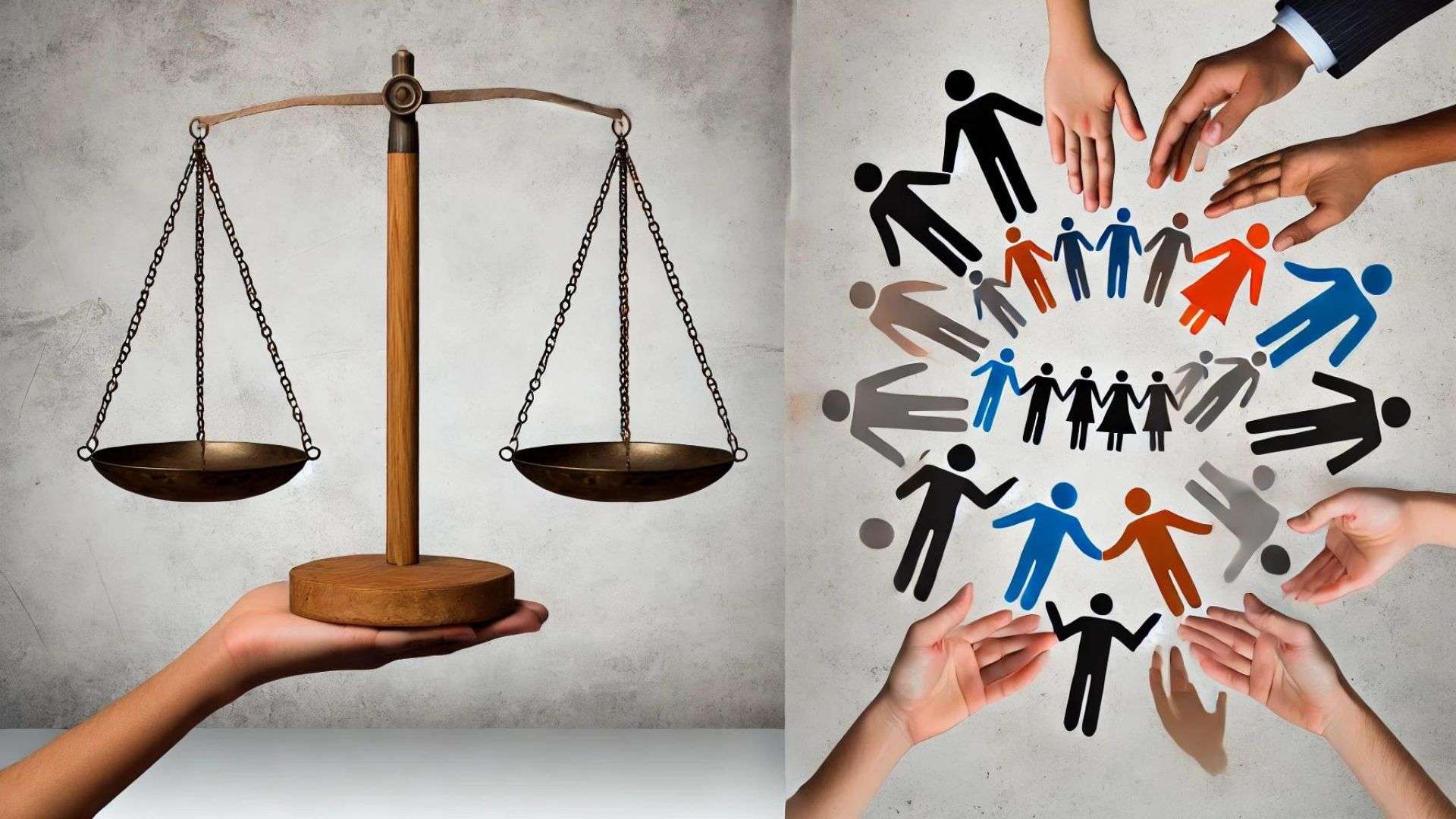Justice and fairness are the cornerstones of any civilized society. They form the foundation upon which equality, inclusivity, and social harmony are built. Yet, in many parts of the world, injustice and inequality continue to hold back individuals and communities, hindering progress and unity. Promoting justice and fairness is not just an ideal but a necessity for building a society where everyone has an equal chance to thrive.
The Importance of Justice and Fairness
Justice ensures that everyone is treated equally under the law, without discrimination or bias. Fairness, on the other hand, goes beyond legal frameworks—it is about creating an environment where people are given equitable opportunities to succeed, regardless of their background, identity, or circumstances. Together, these principles pave the way for a society that values human dignity and mutual respect.
Youth as Catalysts for Change
The youth have a pivotal role in advocating for justice and fairness. Their energy, passion, and willingness to challenge the status quo make them powerful agents of change. By standing against discrimination, inequality, and corruption, young people can help dismantle unjust systems and create a culture of accountability and fairness. Movements led by youth have historically played a significant role in driving social reforms and pushing for a more just world.


Addressing Injustice in Society
Injustice can take many forms—gender inequality, caste discrimination, racial prejudice, economic disparity, or lack of access to basic rights like education and healthcare. To combat these issues, a collective effort is needed. Governments must enforce laws that protect marginalized communities, while civil society and organizations should work to create awareness and provide support to those affected. At the same time, individuals must speak out against unfair practices and stand in solidarity with those facing injustice.
The Role of Education in Promoting Fairness
Education is a powerful tool for fostering justice and fairness. By teaching young minds about empathy, tolerance, and equality, we can create a generation that values fairness in all aspects of life. Schools and colleges should encourage critical thinking, discussions on social issues, and community engagement to instill a sense of responsibility and fairness in students.


Fairness in Action
Promoting fairness is not just about addressing large-scale social issues; it also involves everyday actions. Being fair in our interactions, respecting others’ rights, and standing up against unfair treatment in our personal and professional lives are small yet impactful steps. Justice and fairness start with individuals who are willing to uphold these values in their daily lives.
A Vision for a Just Society
A just and fair society is one where everyone has equal access to opportunities and resources, where laws protect the vulnerable, and where no one is judged based on stereotypes or prejudices. Achieving this vision requires a collective commitment from governments, organizations, and individuals to work towards a world where fairness is not an exception but the norm.
Conclusion
Promoting justice and fairness is a shared responsibility. It requires courage, persistence, and a deep belief in the power of equality. By taking action—whether through education, advocacy, or simple acts of kindness—we can build a society that values human dignity above all else. The path to justice and fairness may be challenging, but it is one worth pursuing for the sake of a brighter and more inclusive future.


